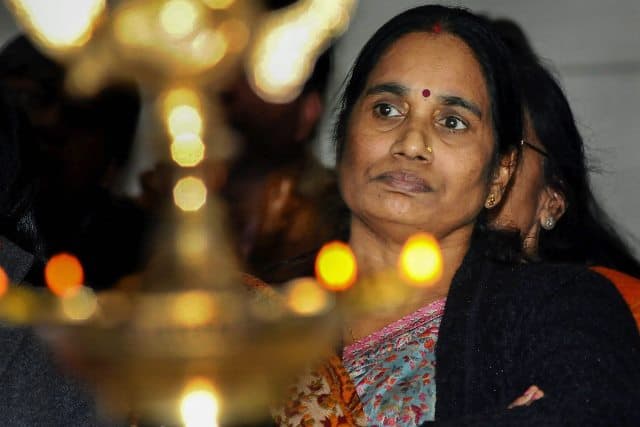Jaswinder Singh Bedi, 43, a sales manager with a pharmaceutical company, sold off his ancestral house in Noida to move into a gated housing project which promised to be a mini-town with international security features. But, the project never materialized. His entire savings stuck, stress mounted in the family. Bank loan, monthly rental, child education… hard put to meet the expectations, Bedi sunk into depression. His wife suffered a miscarriage. Today, the Supreme Court is his last hope. “If the court also fails, I will move back to Punjab,” he says.
I had an ancestral house in Noida but was smitten by the glass-and-concrete high-rise housing societies. The ads said these were self-sufficient, secured mini-towns with First World facilities within the housing compound. I sold off my house to invest into a posh housing society of JayPee Group. Even the name, Kensington Boulevard, had a ring of English elite to it. The plan looked awe-inspiring. The builder promised to deliver the apartment in 2013. But knowing how most contracts go, I had mentally and financially prepared myself for one extra year to move in. But, when bad luck strikes it never rains, it pours.
The first indication to our misfortune came when we visited the housing site a few months before the possession deadline. The project had barely moved. I had moved into a rented accommodation. And I was already struggling to match the high rent as well as bank instalments. I had invested more than Rs 70 lakh into the house and naturally I began to get jitters. The stress began to tell on the family too.
We had planned our second child with the expected time of our moving into the new house. With the trouble and tension mounting, my wife suffered a miscarriage. There were health complications that required costly care but our financial condition was such that we survived only by the sheer grit. But things were only going downhill. For some time, my wife and I went into depression and needed expert help. Every day we prayed for the bad times to end and waited for a miracle to give our children a better living space and conditions.
Eventually, the rent of Rs 20,000 for a 2BHK begun to burn our pockets. We had been living in the apartment for five years. My daughter moved to Class 3 and a second child happened at this time. But instead of moving into a larger house, I was forced to move into a 1BHK. One solace was that it was bought by me with several years of hard-earned money. The finances are in such conditions after exhausting all my savings that I till date do not have the money to pay for the registry of this house.
With cost of living becoming expensive by the day, I often consider moving back to Punjab in an affordable city like Amritsar where children can too be brought up in a safe environment. My wife and I have spoken to some schools in Amritsar that accept admissions towards the end of the year. I am waiting for some more time to sort out my finances and soon we may be leaving NCR for good. All of us want to move upward in society to provide our children a better surrounding to grow up in.
The builders and real estate agents thrive on this weakness of middle class. I wanted to give my best to my family. I had hoped that my children to go to best western modelled schools and grow up in a healthy environment. The housing project took away all my ambitions. There is some hope for homebuyers like me after the Supreme Court has taken cognizance of the matter. But every night when I close my eyes I think if I had invested in a housing project that would not be abandoned, life would be a dream. For now, the nightmare continues.
